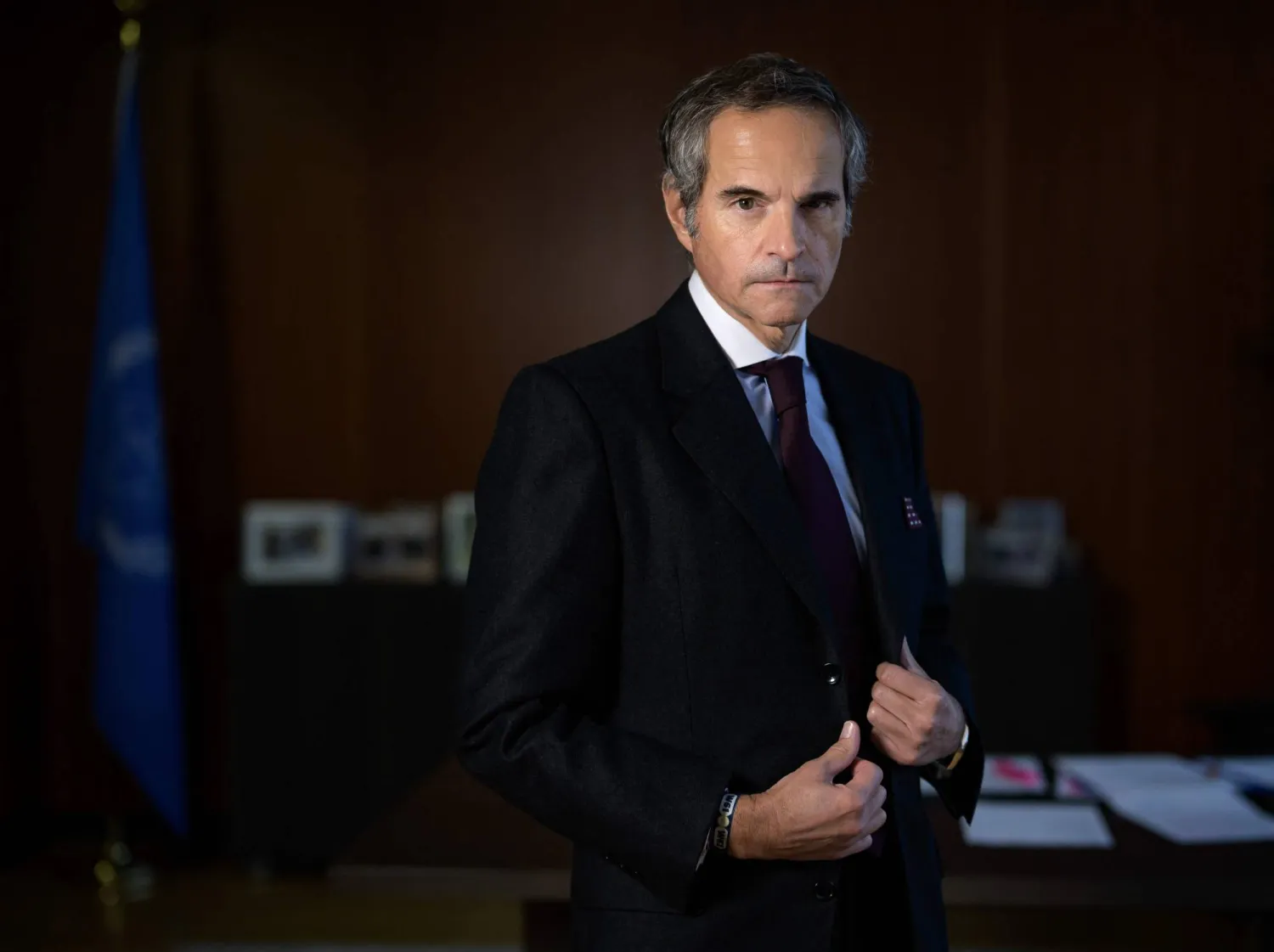International Atomic Energy Agency chief Rafael Grossi has asked global development banks and their government shareholders to fund new nuclear energy projects, stating that failing to do so could delay the energy transition, the Financial Times reported on Monday.
The UN nuclear watchdog chief told the Financial Times in an interview that lack of funding for emissions-free nuclear energy by multilateral lenders such as the World Bank and Asian Development Bank was "out of step" with the wishes of most of their shareholders, adding that there has been a "sea-change" in the outlook on nuclear power due to the climate crisis and the war in Ukraine.
"All these development banks or international finance institutions are out of date, out of step with what is happening," Grossi told the newspaper. "The outlook of the banks seems to be a "post-Chernobyl sort of mantra, which does not correspond any more to the policy indication from countries and the ideas and projects we are seeing."
World leaders will attend a "first-of-its-kind" nuclear energy summit in Brussels later this month where they are expected to discuss how to overcome opposition from a small number of nations such as Germany to using development banks to fund nuclear projects, Grossi told FT.
The IAEA estimates annual nuclear investment will need to more than double to $100 billion by 2030, up from almost $50 million in 2022, to meet the Paris Agreement target of net zero carbon emissions by 2050, the report added.
IAEA Chief Pushes Development Banks to Fund New Nuclear Energy Projects

Rafael Grossi, Director General of the International Atomic Energy Agency (IAEA), poses for a picture in his office at the IAEA headquarters in Vienna, Austria on March 01, 2024, ahead of a board of governors of the UN nuclear watchdog to be held on March 4, 2024 in Vienna. (Photo by Joe Klamar / AFP)

IAEA Chief Pushes Development Banks to Fund New Nuclear Energy Projects

Rafael Grossi, Director General of the International Atomic Energy Agency (IAEA), poses for a picture in his office at the IAEA headquarters in Vienna, Austria on March 01, 2024, ahead of a board of governors of the UN nuclear watchdog to be held on March 4, 2024 in Vienna. (Photo by Joe Klamar / AFP)
لم تشترك بعد
انشئ حساباً خاصاً بك لتحصل على أخبار مخصصة لك ولتتمتع بخاصية حفظ المقالات وتتلقى نشراتنا البريدية المتنوعة








